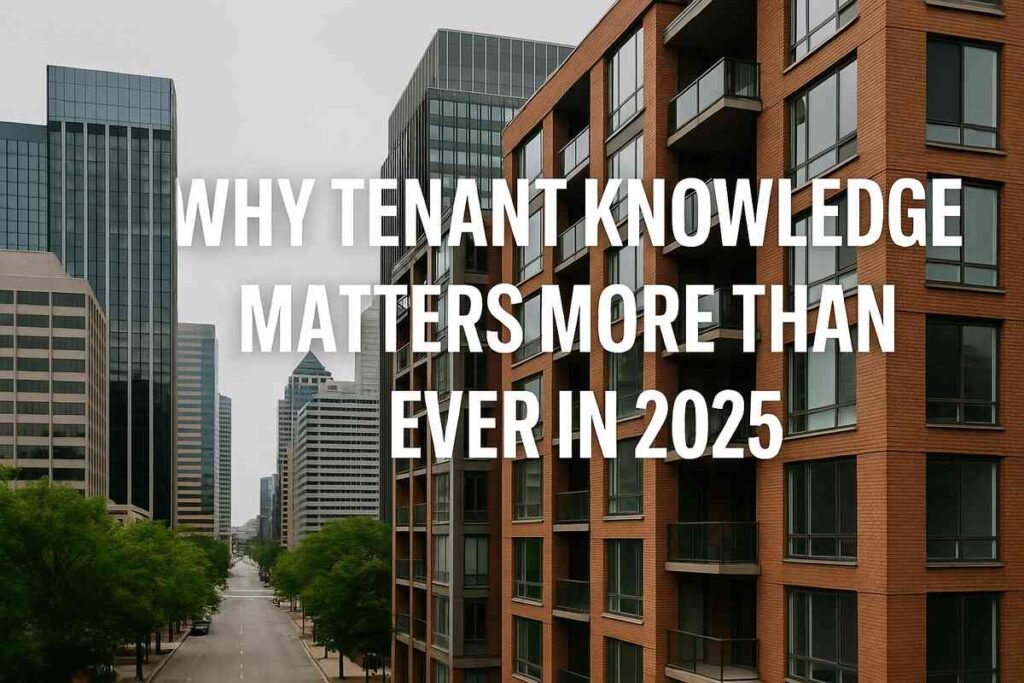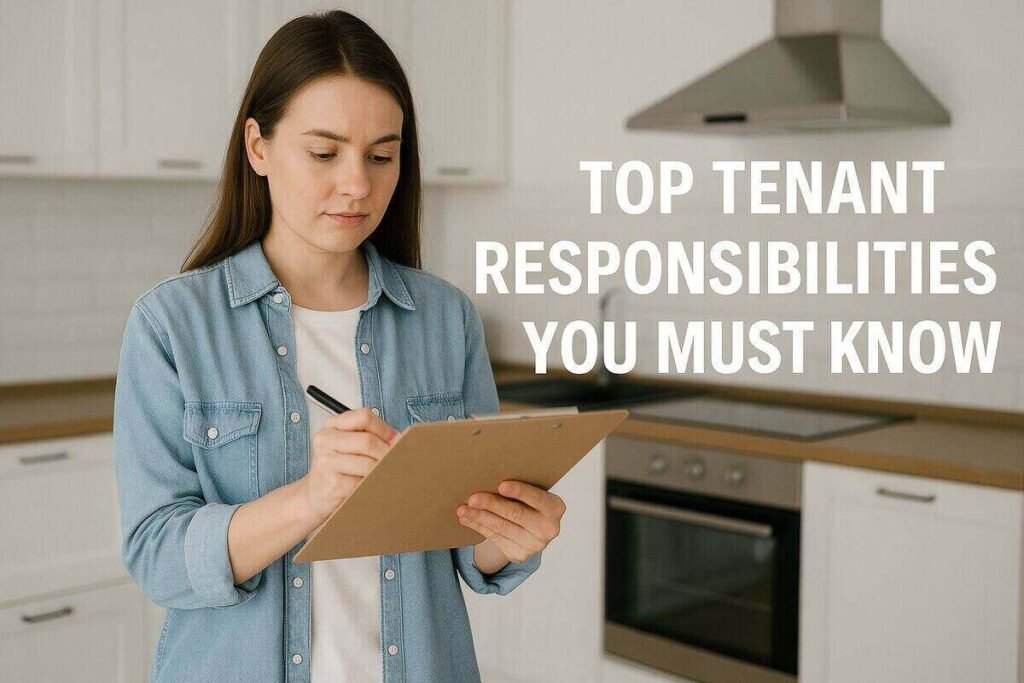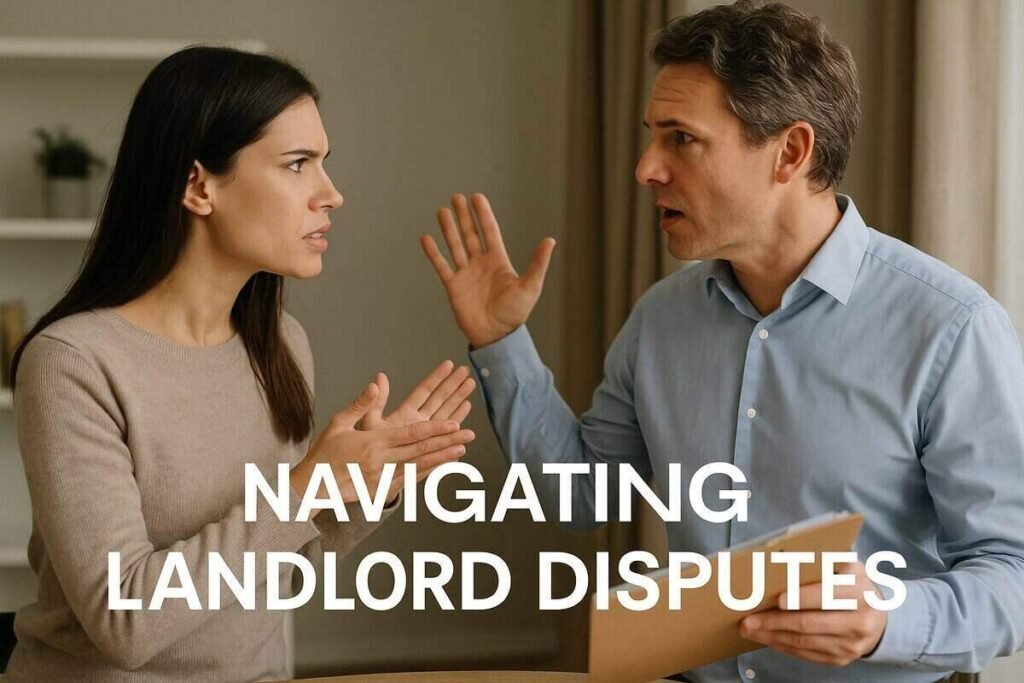Physical Address
304 North Cardinal St.
Dorchester Center, MA 02124
Physical Address
304 North Cardinal St.
Dorchester Center, MA 02124

You finally found a place to call home. The keys are in your hand, the boxes are unpacked, and a new chapter has begun. But as a tenant in 2025, peace of mind doesn’t end with signing the lease—it begins with knowing your rights and responsibilities. Rental landscapes are changing, and staying informed is your best defense against misunderstandings, legal issues, or unfair treatment.
Whether you’re a first-time renter or renewing a long-term lease, understanding tenant rights and responsibilities gives you the confidence to protect your home and your peace of mind.

The post-pandemic housing economy, inflation shifts, and remote work trends have sparked new laws and reshaped landlord-tenant dynamics. In 2025, tenants must navigate:
Staying informed is your legal and financial armor—and it can prevent costly mistakes down the line.
Every renter has basic rights, regardless of location. While laws vary by state or country, these rights are widely protected:
Your unit must be safe, sanitary, and structurally sound. This includes:
If conditions violate this right, you may be entitled to withhold rent or request immediate repairs.
Landlords must give 24–48 hours’ notice (depending on jurisdiction) before entering your unit—except in emergencies.
Smart devices like security cameras or keyless entries must be disclosed in your lease. FTC guidelines now regulate tenant surveillance in smart homes.
Under the Fair Housing Act, landlords may not discriminate based on:
Many states now also protect against income source discrimination, shielding tenants with housing vouchers or public assistance.
Even in emergency cases, you have the right to:
Eviction laws tightened post-COVID. Check your local tenant union for updated guidelines.

Rights come with obligations. Failing to uphold your responsibilities can result in fines, disputes, or eviction.
Even if you disagree with your landlord, pay rent on time and in full. Disputes should be handled through legal or mediation channels.
You’re expected to:
Avoid DIY repairs that could void your lease terms.
This includes:
Violating terms can void protections you otherwise enjoy.
Typically 30–60 days written notice is required before ending a lease. Failure to do so may cost you your security deposit.
| Category | Tenant Right | Tenant Responsibility |
|---|---|---|
| Privacy | Advance notice before landlord entry | Allow access for repairs with agreed notice |
| Rent | Protection from excessive rent hikes | Pay rent on time |
| Maintenance | Safe and functional living conditions | Keep unit clean and report issues |
| Lease Terms | Legal protection from discrimination | Follow all lease provisions |

If you feel your rights have been violated:
Local housing authorities often offer tenant-landlord mediation programs to avoid court battles.
If unresolved, contact:
Smart rentals are everywhere. But with automation comes a new set of rights:
Refer to the Electronic Frontier Foundation for privacy tools and resources.
No. Most states require 30–60 days’ notice, especially for increases over a certain percentage. Check your local rent control ordinances.
First, send a formal repair request in writing. If ignored, you may have legal grounds to withhold rent or request repair cost reimbursement (check your local laws).
Yes—but only for serious lease violations like non-payment, illegal activity, or major damages. You still have the right to due process.
While not legally required, most landlords now require it in the lease. It protects your belongings and may cover liability claims.
In 2025, tenants must be informed and allowed to opt out of non-essential smart devices (like motion detectors or voice assistants), depending on your jurisdiction.
Renting a home should feel safe, fair, and empowering. But in today’s evolving housing landscape, that only happens when you’re proactive about your rights and responsibilities. From understanding lease terms to staying current on new tenant protection laws, being informed is your greatest tool.
If you found this guide helpful, share it with other renters and explore more tenant-focused insights on our blog. Your home matters—so does your voice.